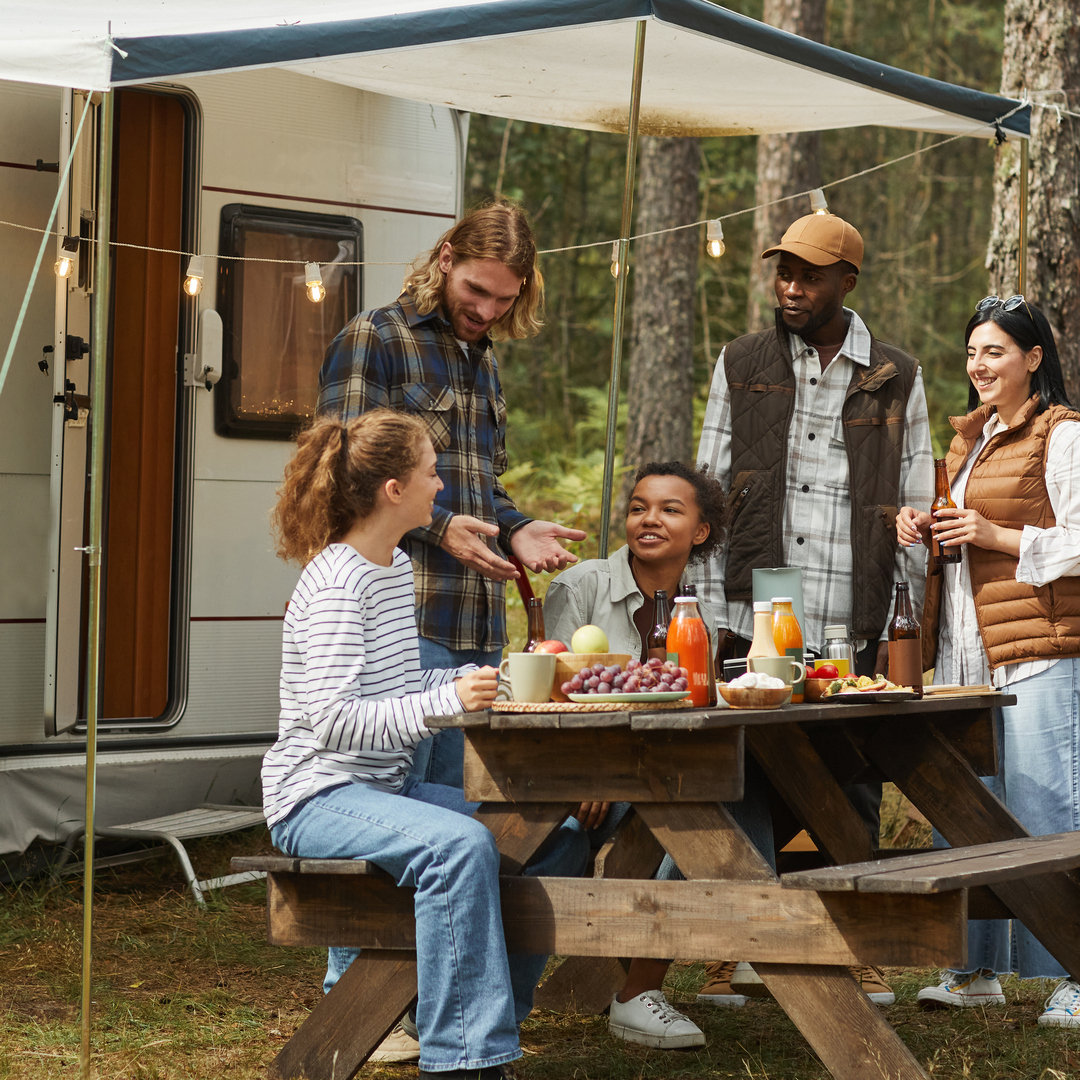Camping is a fantastic way to connect with nature, but it comes with its own set of challenges—one of the most important being safely storing your food. Proper food storage is critical not only for preventing spoilage but also for protecting your camp from unwanted wildlife encounters. Check out these ways to safely store food when camping.
Use Airtight Containers and Coolers
One of the simplest and most effective ways to keep your food fresh while camping is by using airtight containers and coolers. Airtight containers prevent moisture and air from spoiling your food while also keeping out insects and small animals. Also, investing in a quality cooler can make a world of difference. Look for coolers that are well-insulated and capable of maintaining low temperatures for extended periods. Make sure you keep your cooler in a shaded area to help it retain that lower temperature. Regularly check the ice levels and replenish as needed to ensure that perishables like meat and dairy stay fresh.
Utilize Dry Ice for Longer Camping Trips
If you plan on camping for more than a couple of days, dry ice can be a game-changer. Unlike regular ice, dry ice doesn’t melt into water, which means your food won’t end up soggy. Instead, it sublimates directly into gas, providing a long-lasting cooling effect. When using dry ice, be sure to handle it with gloves to avoid burns, and wrap it in newspaper before placing it in your cooler to regulate its temperature. Additionally, you must always vent your cooler to allow the gas to escape. This method is particularly useful for keeping meat and dairy products fresh over an extended period.
Hang Food in a Bear Bag or Canister
If you’re camping in bear country, taking extra precautions to store your food is crucial. Hanging your food in a bear bag or using a bear canister can keep it out of reach of curious wildlife. To do this, place your food in a durable, odor-proof bear bag and hoist it at least 10–15 feet above the ground, hanging it from a sturdy branch. If trees are scarce, bear-resistant canisters offer an effective alternative. Both methods help ensure that your campsite remains safe and free from unwanted wildlife interactions.
Choose the Right Foods for Camping
Sometimes, the best way to avoid food spoilage and storage issues is to select the right kinds of foods for your trip. Familiarize yourself with the foods that attract the most pests during camping trips and leave those items at home. Instead, choose non-perishable foods like canned goods, dried fruits, nuts, and jerky. These foods are not only easy to pack but also have a long shelf life, eliminating the need for refrigeration. Instant meals that require only boiling water, like pasta or rice dishes, are also beneficial. Always check the expiration dates before packing food items and organize your supply to ensure you consume items with shorter shelf lives first.
Proper food storage is essential for an enjoyable and safe camping experience. From utilizing airtight containers and coolers to storing items in bear bags and canisters, you can significantly reduce the risk of spoilage and wildlife encounters. With these ways to safely store food when camping in mind, you can focus on enjoying the great outdoors without worrying about your next meal.

